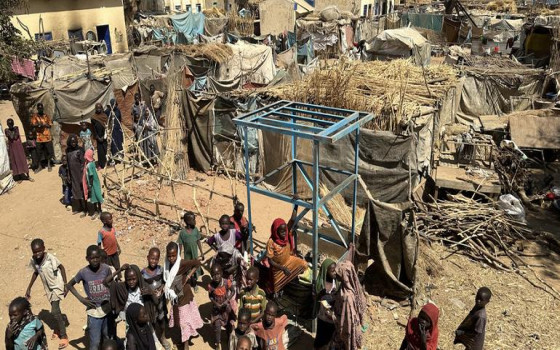
A humanitarian truce in El Fasher, Sudan, proposed by the United Nations... Burhan agreed to it, awaiting a "rapid response"

- Europe and Arabs
- Saturday , 28 June 2025 14:2 PM GMT
Khartoum - New York: Europe and the Arabs
UN Secretary-General António Guterres said he is in contact with the warring parties in Sudan to secure a humanitarian truce that would address the tragic situation in El Fasher, North Darfur State, in the west of the country. According to the UN Daily News, Guterres' remarks came in response to a journalist's question about a statement issued by General Abdel Fattah al-Burhan, Commander of the Sudanese Armed Forces, in which he stated that he had held a phone call with the Secretary-General and agreed to his proposal for a week-long ceasefire in El Fasher. The Secretary-General was also asked whether he had spoken with the Rapid Support Forces.
Antonio Guterres explained that the contact with the two sides is primarily aimed at achieving this truce. The Secretary-General recalled the incident in which a large aid convoy from UNICEF and the World Food Programme was bombed some time ago, warning that the residents of the area are "starving and in a very difficult situation." He stressed the need to secure a truce for aid distribution, and to agree on it in advance with the aim of "preparing a massive aid delivery operation" in the El Fasher area. The Secretary-General expressed optimism, saying: "I received a positive response from General Burhan, and I hope that both sides will recognize the importance of avoiding the catastrophe we are witnessing in El Fasher."
On Friday morning, the UN Security Council held a session to discuss the situation in Sudan. Speaking at the session, the UN Assistant Secretary-General for Africa, Martha Poubey, said that too many lives have been lost, too much trauma has been inflicted, and the risk of a regional war has become too great to allow this conflict in Sudan to continue any longer. She warned that this conflict "has put the lives of civilians at grave risk."
Poubey called for concrete steps to end the suffering of the Sudanese people. She said: "Security conditions remain dire, characterized by shifting front lines, increased and often indiscriminate airstrikes by the Sudanese Armed Forces and the Rapid Support Forces, and ongoing attacks on civilians and civilian infrastructure, including hospitals." According to media reports, the Sudanese army announced its acceptance of a temporary truce in El Fasher, the capital of North Darfur state, for a week, with the aim of facilitating the delivery of humanitarian aid to affected civilians.
While Sudanese military commander Abdel Fattah al-Burhan responded to the truce request made by UN Secretary-General António Guterres, it remains unclear whether the Rapid Support Forces will take a similar position or adhere to the ceasefire, the implementation date of which has not yet been set.
"We are engaging with both sides to achieve this goal, and that was the main reason behind the phone call," Guterres told reporters on Friday. "We have a tragic situation in El Fasher."
El Fasher is located more than 800 kilometers (500 miles) southwest of Khartoum and is under the control of the Sudanese army. For about a year, the Rapid Support Forces have been trying to seize it to extend their full control over the Darfur region. Civilians there have been subjected to brutal and repeated attacks.
The UN Secretary-General explained that the region is in dire need of aid, and that a truce must be agreed upon several days in advance to prepare for widespread aid distribution. Civilians in Sudan are suffering from tragic conditions due to a bloody war that broke out in April 2023, following escalating tensions between the Sudanese army and the Rapid Support Forces (RSF) over control of Khartoum. The war then spread throughout the country, claiming the lives of more than 20,000 people. The war has also displaced more than 14 million people from their homes, some of whom are facing catastrophic famine. The United Nations Children's Fund (UNICEF) estimates that 61,800 children have suffered the consequences of displacement since the war began.


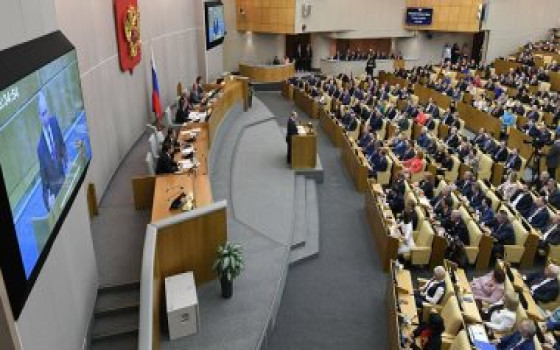
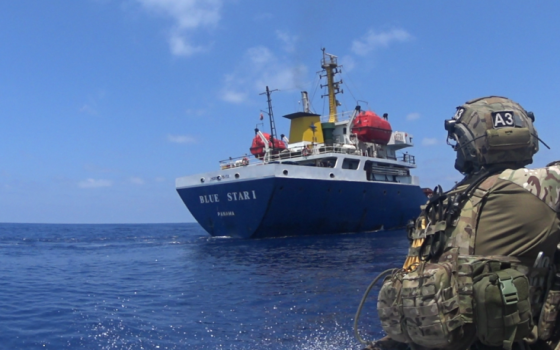
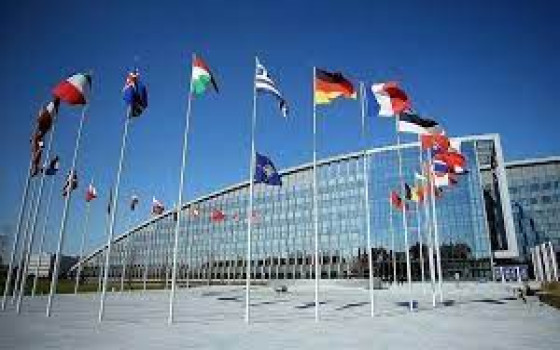
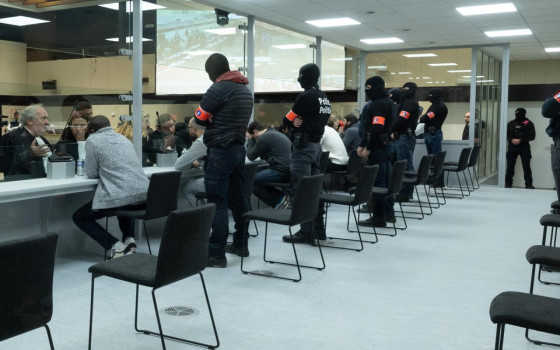
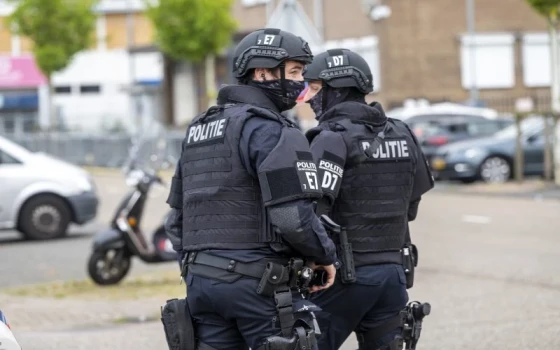
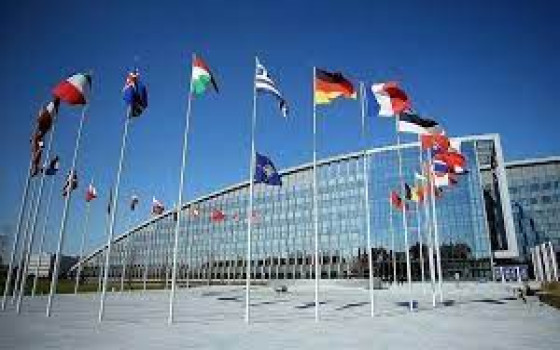
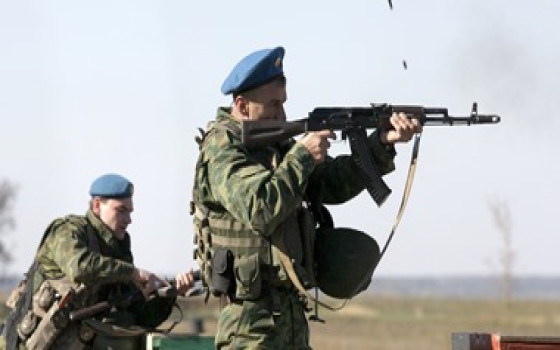
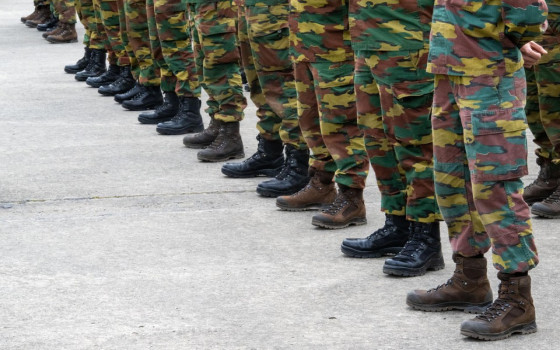

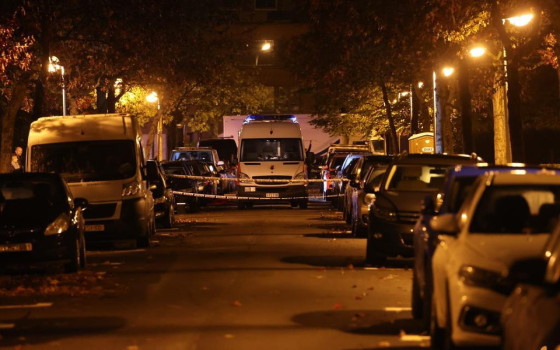
No Comments Found